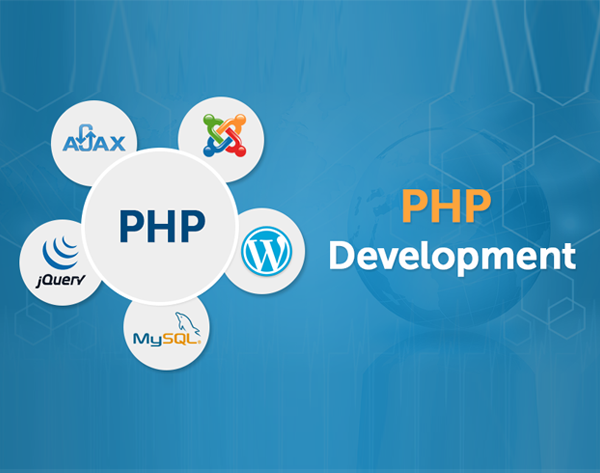Discover Australia's Finest
Explore the latest news, insights, and stories from down under.
PHP Development: The Quirky Adventures of Code and Chaos
Dive into the wild world of PHP development! Join us for quirky tales of code, chaos, and creative solutions that will inspire your next project!
The Hidden Gems of PHP: Uncovering the Quirks and Features You Never Knew Existed
PHP is a versatile language that is often overshadowed by newer technologies, but it harbors many hidden gems that can enhance your development experience. One such feature is the Null Coalescing Operator (??), introduced in PHP 7, which simplifies code by allowing developers to provide default values for potentially null variables without the need for verbose conditional checks. Furthermore, the spread operator (...) enables effortless array unpacking, streamlining the way we merge arrays or handle function parameters, demonstrating how simple features can significantly reduce code complexity.
Another intriguing aspect of PHP is its magic methods, which allow developers to tap into the language's object-oriented capabilities in unique ways. Methods like __get and __set can intercept property access, allowing for dynamic property management. Additionally, leveraging traits in PHP allows for code reuse without the limitations of single inheritance, promoting cleaner and more maintainable code structures. By exploring these quirks and features, developers can unleash the true potential of PHP and transform their coding practices for the better.

Debugging Disasters: Hilarious Tales from the PHP Development Trenches
Debugging is a rite of passage for every PHP developer, often leading to experiences that are as entertaining as they are enlightening. One memorable episode comes from a developer who spent several hours trying to trace a bug only to discover it stemmed from a stray semicolon misplaced at the end of a function. As he shared his experience with colleagues, a friendly debate erupted over the necessity of a 'Semicolon Awareness Week' to shine a light on such trivial yet catastrophic blunders.
In another comical tale, a developer deployed his newly minted PHP application only to find that no one could log in. After frantic debugging, he discovered that he had hard-coded the admin credentials into the settings file and forgotten to update it before the go-live. The ensuing laughter from the team morphed into a series of jokes about the 'Admin Password Fiasco,’ highlighting how even the most seasoned PHP development teams can fall victim to the simplest mistakes in the heat of debugging chaos.
PHP Development Myths: Fact or Fiction in the World of Code and Chaos?
In the ever-evolving landscape of web development, PHP development is often shrouded in a haze of myths and misconceptions. One prevalent myth is that PHP is inherently insecure. While it's true that any programming language can be exploited if poorly coded, the reality is that PHP has numerous built-in security features and best practices that developers can employ. For instance, using prepared statements can help mitigate SQL injection risks, and implementing proper input validation can significantly enhance overall application security.
Another common misconception is that PHP development is only suitable for small-scale projects. This myth stems from PHP's humble beginnings, but today, it powers massive web applications, including popular platforms like Facebook and WordPress. Thanks to its extensive ecosystem, frameworks like Laravel and Symfony enable developers to build robust, scalable solutions. As the demand for high-performance web applications increases, PHP development has proven itself to be a strong contender in the realm of backend technologies, making it an excellent choice for projects of any size.